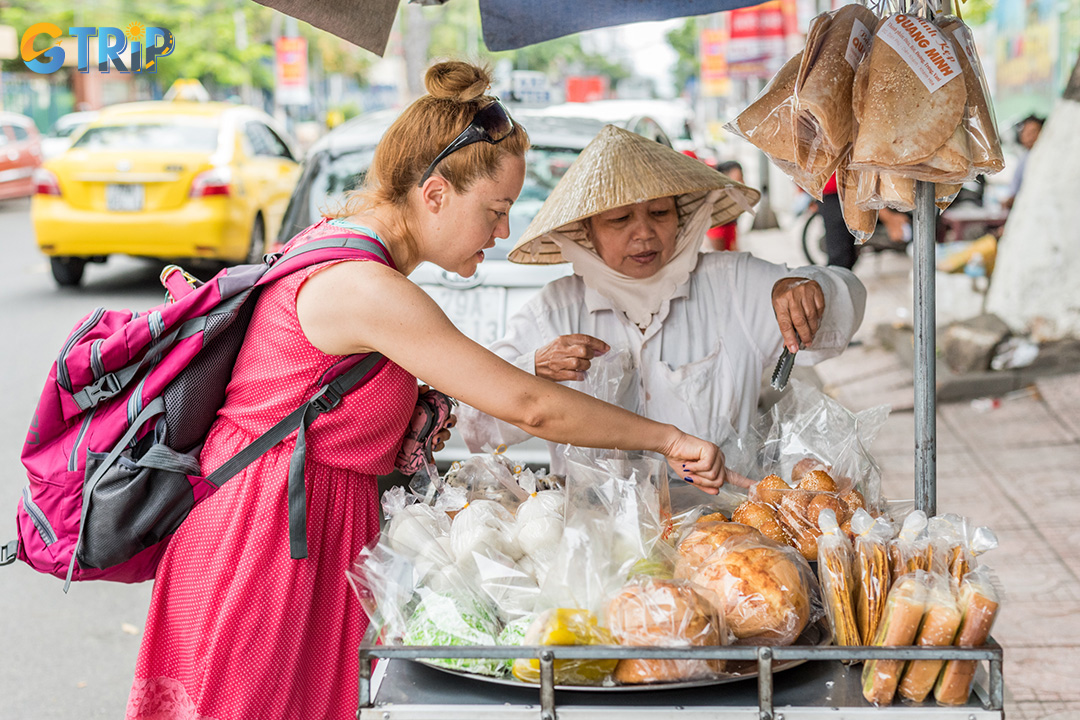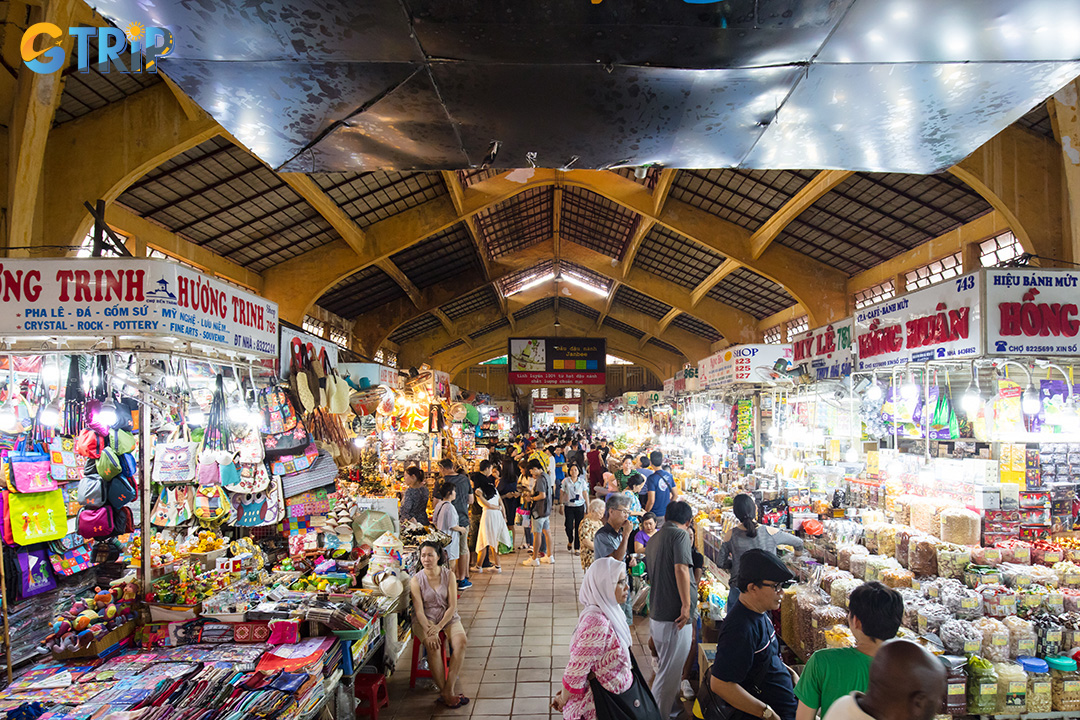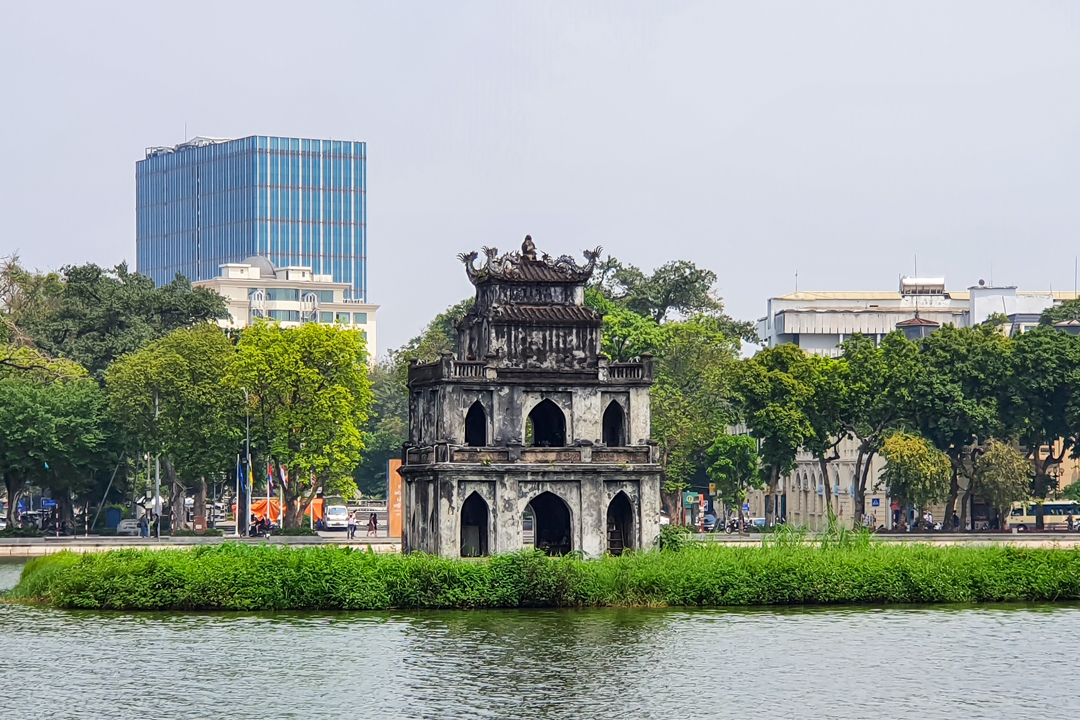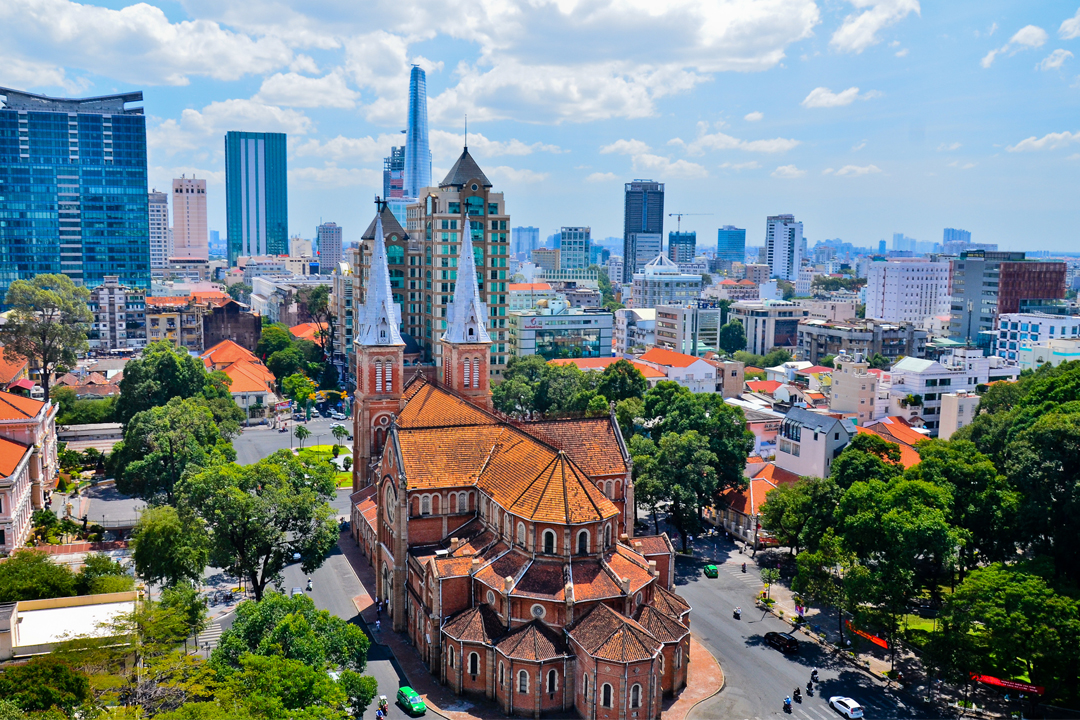Oct - 06 - 2023
Bargain in Vietnam presents an array of shopping opportunities to suit any budget. Whether you prefer the lively markets or the contemporary shopping centers, this Southeast Asian nation has bargains waiting for every shopper.
Bargaining in Vietnamese culture
Bargaining is deeply ingrained in Vietnamese culture and is a common practice in markets and shops throughout the country. Negotiating prices is seen as a way to establish a personal connection with the seller and is often viewed as a friendly exchange rather than a confrontational one.
In Vietnam, it is not uncommon for vendors to set high initial prices, expecting customers to negotiate for a lower price. This means that haggling is not only accepted but expected. By bargaining, you can often get items for significantly less than the initial asking price.

Vietnam is a country that embraces the tradition of bargaining
Bargaining etiquette and proven tips
No visit to Vietnam is complete without embracing the art of bargaining.
Commence with a smile
A warm smile and a friendly greeting set a positive tone for bargaining. It conveys respect and amicability, creating a more pleasant atmosphere for negotiations.
Politeness and patience
Politeness and patience are highly prized in Vietnamese culture. Begin negotiations with a polite greeting and engage in light conversation before broaching the topic of prices. Rushing the process or displaying impatience can be seen as disrespectful.
Conduct research
Before entering a bargaining situation, conduct research on the average prices of the goods or services you seek. Familiarity with market rates allows for informed offers and counteroffers.

Having a rough idea of the market rate will help you make informed offers
Be prepared to walk away
One of the most potent tools in bargaining is the willingness to walk away if an agreement cannot be reached. Express gratitude and suggest that you might explore other options. This often encourages sellers to be more flexible.
Counteroffer with strategy
When presented with a price, consider countering with a lower offer, but do so with respect and reasoning. Mention if you've encountered similar items at lower prices elsewhere, providing a foundation for your counteroffer.
Leverage non-verbal communication
Attend to non-verbal cues during negotiations. Body language, facial expressions, and gestures convey a wealth of information. Maintaining eye contact and nodding to signify understanding can be advantageous.
Cash is highly valued
In Vietnam, cash is the preferred mode of payment, especially in smaller establishments or local markets. Carrying cash can often lead to more favorable negotiations, as sellers appreciate immediate payment.

Cash is the preferred method of payment in the small market
Common scenarios for bargaining
- Shopping at markets: Markets are a great place to practice your bargaining skills. When shopping for souvenirs, clothing, or handicrafts, it's common for vendors to set high initial prices, so don't be afraid to negotiate for a better deal.
- Buying from street vendors: Street vendors are a common sight in Vietnam, and they often sell items like food, drinks, and small souvenirs. While prices are usually already low, you can still try to negotiate for an even better deal.
- Taxis and motorbike taxis: When taking a taxi or motorbike taxi, it's important to establish the price before you start your journey. Negotiate the fare with the driver before getting in and agree on a price that you're comfortable with.
- Hiring tour guides: If you're planning on hiring a tour guide, it's important to negotiate the price beforehand. Ask for recommendations from other travelers or your hotel, and be sure to agree on the price and itinerary before you start your tour.

Don't be afraid to negotiate for a better deal in Vietnam
Bargaining in Vietnam is not just about securing a better deal, it is an art that reflects the values of patience. By embracing the art of negotiation in Vietnam, you not only stand to secure better deals but also have the opportunity to build positive relationships with locals and immerse yourself in the rich cultural tapestry of this captivating country. So, when you travel to Vietnam, do not hesitate to engage in the age-old tradition of bargaining.








